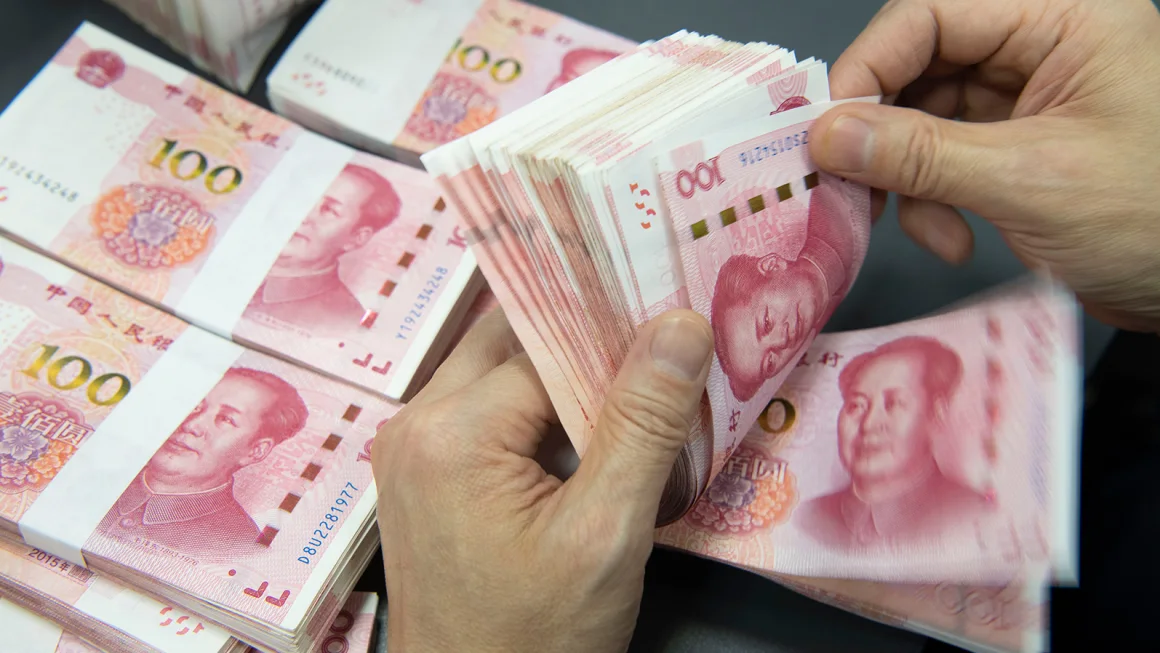Another Chinese ‘shadow bank’ faces major financial trouble.

Another Chinese ‘shadow bank’ faces major financial trouble.
An investment and asset management company in China, Wanxiang Trust, has reportedly missed payments on several investment products to investors, causing fresh concerns about the country’s shadow banking system.
In a report on Tuesday, state-owned 21st Century Business Herald cited unnamed investors as saying that the Hangzhou-based firm had delayed payments on some maturing products worth several billion yuan. Trust companies manage funds for individuals, companies, or other entities.
China’s trust firms are part of its $3 trillion “shadow banking” industry, which contributes significantly to its economic growth. Generally, this refers to financing outside the formal banking system, either by banks through off-balance-sheet activities or by non-bank financial institutions.
In a separate report published last Friday, Cailianshe reported that Wanxiang also failed to make interest payments on two other trust products since August, with an outstanding value of 1 billion yuan ($141 million).
According to Cailianshe, dozens of investors who bought the medical products protested last week at Zhejiang’s financial regulator, voicing their grievances and questioning Wanxiang’s use of their funds.
There was no response to emailed requests for comment from Wanxiang, and the company’s hotline wasn’t answered.
The Wanxiang Trust was founded in 2012 and is owned by the Wanxiang Group, one of China’s largest privately held conglomerates. 69.25 billion yuan ($12.6 billion) in related assets were managed by the trust company at the end of 2022, with 58% invested in real estate.
Two weeks ago, Zhongzhi Enterprise Group, another major shadow bank, declared itself “insolvent” after missing payments to investors. Police are currently investigating Zhongzhi for criminal charges.
In a report last week, Fitch Ratings noted that “the property spillover” into the financial sector can be seen in the trust sector’s troubles.
